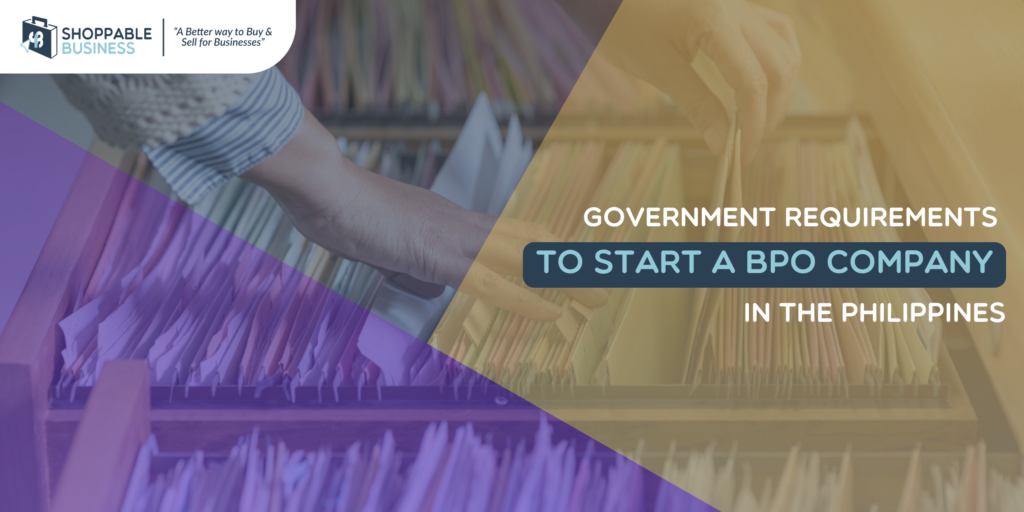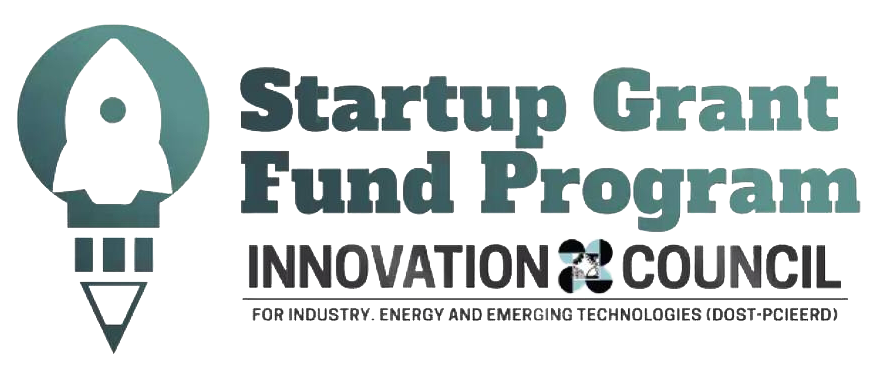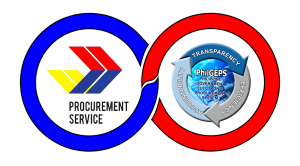The Business Process Outsourcing (BPO) industry is a significant driver of economic growth in the Philippines. Known for its skilled English-speaking workforce and competitive costs, the Philippines has become one of the top destinations for BPO companies, attracting investors from around the globe. Starting a BPO company here can be lucrative, but it requires understanding and meeting the necessary government requirements.

Types of BPO Services
BPO companies provide a range of services. Some of the common types of BPO services include:
- Call Centers: Handling customer service, technical support, and telemarketing.
- IT Services: Offering software development, network management, and technical support.
- Finance and Accounting: Managing payroll, bookkeeping, and financial analysis.
- Healthcare BPO: Medical billing, coding, and health information management.
- Human Resources (HR): Recruitment, payroll processing, and employee benefits management.
Knowing the type of services you plan to offer will help you identify the specific permits and licenses needed.
Government Agencies Involved in BPO Company Registration
Several government agencies are involved in the process of starting a BPO company in the Philippines. The primary ones include:
- Department of Trade and Industry (DTI): Responsible for business name registration for sole proprietorships.
- Securities and Exchange Commission (SEC): For registering partnerships and corporations.
- Bureau of Internal Revenue (BIR): For tax registration and issuance of a Tax Identification Number (TIN).
- Philippine Economic Zone Authority (PEZA): For tax incentives if the BPO is located in a PEZA-accredited economic zone.
- Social Security System (SSS), Philippine Health Insurance Corporation (PhilHealth), and Home Development Mutual Fund (Pag-IBIG): For employee benefits registration.
Each of these agencies has specific requirements and processes that must be followed.
Step-by-Step Guide to Starting a BPO Company in the Philippines
Step 1: Business Structure Selection and Registration
Choosing the right business structure is essential. In the Philippines, common business structures for BPO companies include:
- Sole Proprietorship: Owned by an individual; simpler registration but limited liability.
- Partnership: Owned by two or more people; shares responsibility and liability.
- Corporation: A separate legal entity; that provides limited liability to owners but has more regulatory requirements.
After deciding the structure, you’ll need to register the business name with the appropriate agency:
- DTI: For sole proprietorships.
- SEC: For partnerships and corporations.
Documents Needed
- For DTI: Application form and government-issued ID.
- For SEC: Articles of Incorporation, By-laws, Treasurer’s Affidavit, and registration data sheet.
Step 2: Tax Registration with the Bureau of Internal Revenue (BIR)
Once registered, the next step is to secure a Tax Identification Number (TIN) and register with the Bureau of Internal Revenue (BIR). The BIR will issue a Certificate of Registration, which is mandatory for paying taxes and issuing official receipts.
Documents Needed
- DTI or SEC registration
- Completed BIR registration form (Form 1901 for sole proprietors, Form 1903 for partnerships and corporations)
- Valid government-issued ID of the business owner(s)
Step 3: Register for Business Permits and Licenses
BPO companies need to obtain the necessary local permits, including:
- Mayor’s Permit: Also known as a business permit, this is issued by the local government unit (LGU) where your BPO will be located.
- Barangay Clearance: A permit from the local barangay (village) indicating that the business is allowed to operate in the community.
Documents Needed
- DTI or SEC registration
- Lease contract or proof of property ownership
- Barangay clearance
- Occupancy permit, if required by the LGU
- Fire safety inspection certificate
Step 4: Register with PEZA (Optional but Recommended)
The Philippine Economic Zone Authority (PEZA) provides tax incentives for businesses operating in economic zones. Registering with PEZA can reduce costs significantly by providing tax holidays, exemptions, and other benefits.
To qualify, your BPO office must be located within a PEZA-accredited building or economic zone.
Documents Needed
- SEC registration documents
- Lease contract for a PEZA-accredited building
- Project brief and other supporting documents
Step 5: Register with SSS, PhilHealth, and Pag-IBIG
BPO companies must register with the Social Security System (SSS), Philippine Health Insurance Corporation (PhilHealth), and Home Development Mutual Fund (Pag-IBIG) for employee benefits. These registrations ensure that employees receive mandatory benefits.
Documents Needed
- BIR registration
- SEC or DTI registration
- List of employees (for initial registration)
Each agency has its own registration process, but they generally require submission of the BIR registration certificate, business permits, and a list of employees.
Step 6: Secure Additional Permits and Clearances (If Applicable)
Some BPOs may need additional permits, depending on the nature of their operations:
- Environmental Compliance Certificate (ECC): For BPOs with large facilities that could impact the environment.
- Telecommunications Permits: If the BPO requires direct lines for call center operations.
Key Compliance and Operational Requirements
Once you’ve registered your BPO company, there are several ongoing compliance requirements to consider:
Filing and Payment of Taxes
BPO companies are subject to several types of taxes, including:
- Income Tax: A corporate tax imposed on net income.
- Value-Added Tax (VAT): Generally, 12% for services, though certain BPO services may qualify for zero-rated VAT if they cater to foreign clients.
The BIR requires quarterly and annual tax filings. It’s essential to maintain good accounting records and submit taxes on time to avoid penalties.
Labor Law Compliance
BPO companies must comply with Philippine labor laws, which cover employment terms, wages, benefits, and working hours. The Labor Code of the Philippines mandates employee benefits, including overtime pay, holiday pay, and night differential pay for night-shift workers. Proper adherence to these laws is essential to avoid legal issues.
Data Privacy and Security Compliance
As BPOs handle sensitive client data, they are required to comply with the Data Privacy Act of 2012. This law mandates the protection of personal information and requires BPOs to implement security measures to safeguard client data.
- Appoint a Data Protection Officer (DPO): Responsible for overseeing data protection strategies and compliance.
- Implement Security Measures: Such as firewalls, encryption, and employee training on data privacy.
Reporting Requirements for PEZA-Registered BPOs
PEZA-registered BPO companies need to submit periodic reports to PEZA, detailing their financial, production output, and export sales. Non-compliance with reporting requirements may lead to penalties or a suspension of PEZA benefits.
Additional Tips for Starting a BPO Company
- Location Matters: Select a location with access to a skilled workforce and necessary infrastructure, such as high-speed internet.
- Invest in Employee Training: Employee training is crucial in the BPO industry, especially in customer service and technical support.
- Build Strong IT Infrastructure: A reliable IT system is essential for maintaining productivity and data security.
- Partner with Local Experts: Working with local business consultants or legal experts can help you navigate the requirements and streamline the registration process.
- Consider Hiring a Tax and Compliance Expert: Regular tax filings and compliance updates can be complex. Hiring an expert can help you focus on operations while ensuring regulatory compliance.
Officially Starting Business
One of the key things to keep in mind when starting a BPO company in the Philippines is securing a strategy that works seamlessly in your procurement and supply chain management. Through this, you can achieve 100% of your business and eliminate churn. In doing so, using a Procurement-as-a-Service (PAAS) platform is the ideal solution to beginning a BPO company.
Luckily, Shoppable is one that offers the latest technology as a procurement platform, providing 100% BIR registered suppliers, high-quality and authentic products, and automates the entire procurement process.
Starting a BPO Company
Building a company is tedious work, but one of the things that make this process easier is working with suppliers that have your back. In the BPO industry, you’ll require multiple suppliers for different areas of the company. Some will need construction materials, some office supplies, and other equipment like computers and electronics. With this in mind, you ought to remember that you can rely on Quotable to make your procurement workflow easier.
What are the Benefits of Quotable in the Procurement Workflow?
- FREE for MSMEs
- Invite Existing or New Suppliers
- Get Live Quote Requests
- Compare Top Quotes
- Share for Approval
- Streamline Purchasing & Sales
- Add your Team to Manage
Recap
Starting a BPO company in the Philippines involves navigating a variety of government requirements and regulations. From registration with the SEC and BIR to securing local permits and following labor laws, it’s essential to follow each step meticulously. Additionally, leveraging the incentives offered by PEZA can provide significant financial benefits to your BPO company.
By understanding the government requirements and adhering to local regulations, you can establish a compliant and successful BPO operation in the Philippines, tapping into one of the world’s most skilled and competitive outsourcing workforces.
Simplify your procurement workflow with Shoppable’s newest tool, Quotable! This FREE and user-friendly software is designed for MSMEs in the Philippines.
See how Quotable can ease your business operations by visiting









